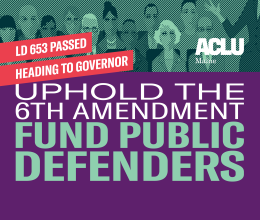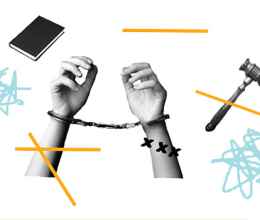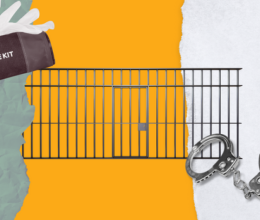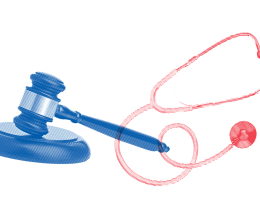After last year’s flop in the AFC Championship game, yesterday was the first step in redemption for the New England Patriots. Like many Mainers, I was excited to watch our new team kick off their season – and I was even more excited that they (barely) pulled out the win against Buffalo. But with all that’s gone on this offseason for the Pats, it was hard not to think back on differences between this year’s team and last – and no, I’m not talking about Wes Welker leaving for Denver.
For the last two-and-a-half months, Aaron Hernandez, the Pats’ former star tight end, has been locked in a 7-foot-by-10-foot cell, roughly the size of a parking spot. After being arrested in June for first-degree murder and subsequently denied bail, he has spent more than 20 hours alone there each day. He is allowed outside for one hour a day, where he must exercise alone.
Though prison officials may try to use gentler names like “protective custody,” make no mistake: Aaron Hernandez is being held in solitary confinement.
With all that we know about the devastating psychological effects of solitary confinement and the manner in which it drastically diminishes the chances for rehabilitation, the ACLU opposes its use for all human beings, even those who have been found guilty of a crime. It seems particularly unconscionable, however, that a man who has been convicted of absolutely nothing – and who has proclaimed his innocence - would be subjected to such an extreme practice for months on end.
We know that extreme isolation can have debilitating psychological effects. We know that prisoners locked alone in solitary confinement may become depressed or begin hallucinating. We’ve even heard from psychologists who say the effects of prolonged solitary confinement can be irreversible.
How then can we justify exposing a man who is still awaiting trial to the dangers of solitary confinement? The principle of innocent until proven guilty does not contain an exception for cases that look bad for the defendant. Whether or not Aaron Hernandez is guilty, in the eyes of the law he is awaiting trial and nothing more.
While his case may be uniquely intriguing, the story here is really not Aaron Hernandez. The story is an overreliance on an outdated and damaging practice that has devastating psychological effects. We should not be subjecting anyone to these types of effects, and we certainly should not be doing it for people who have yet to face trial. Unfortunately, this type of treatment is not unique to Hernandez – in fact, there are more than 80,000 prisoners in solitary confinement across the country. They remain isolated for weeks and sometimes years on end, often without the press attention Hernandez's case has gotten.
Here in Maine, we’re thankful that solitary confinement has been reduced substantially over the past few years. The ACLU of Maine was proud to be a part of that effort and I encourage you to read more about our successes here. As we continue to push for better alternatives here in Maine, we would hope that our friends around New England and around the United States would take heed: Change is possible, but not if we remain stuck in our old ways.
Treating the accused as if they have already been found guilty is an all-too-common practice but it should never be acceptable. Subjecting them to the devastating psychological effects of solitary confinement before they’ve ever had a chance to defend themselves is nothing less than an affront to justice and should cause us to seriously reevaluate our corrections system.







